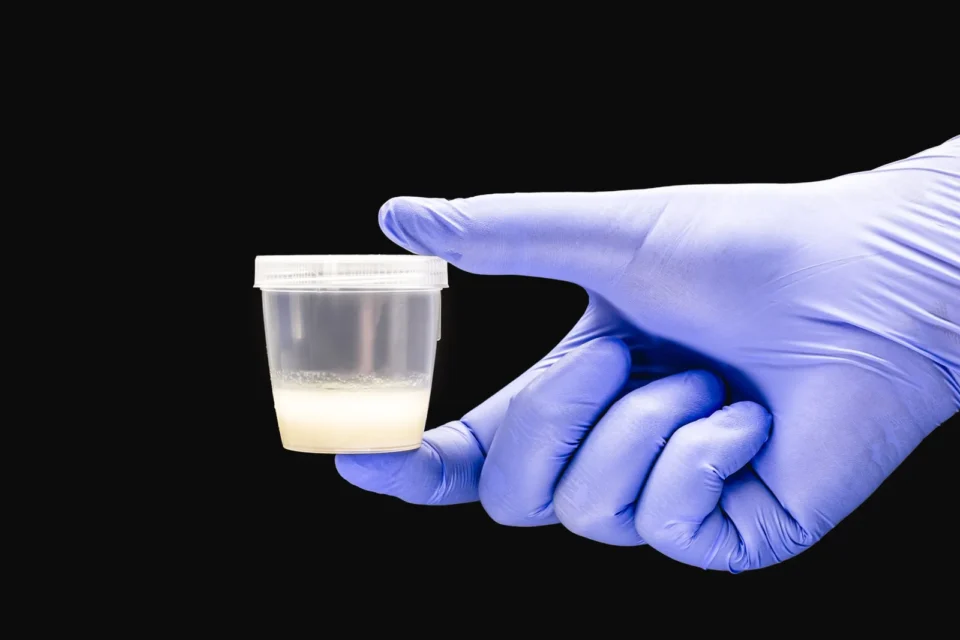
By Our Reporter
Uganda is on the cusp of enacting its first comprehensive legislation to govern the use of assisted reproductive technologies, including the regulation of sperm, egg (oocyte), and embryo banks—a move that could reshape the country’s fertility landscape and bring long-overdue legal clarity to thousands of hopeful families.
The Human Assisted Reproductive Technology Bill, 2023, introduced by Tororo District Woman MP Sarah Opendi Achieng, is designed to fill a glaring legal vacuum in Uganda’s healthcare system, where fertility treatments have flourished in a largely unregulated environment. The Bill, currently before Parliament, outlines a detailed framework for the storage, donation, and use of human gametes and embryos, while also addressing the legal status and rights of children conceived through these technologies.
“This is a timely intervention,” Opendi said during recent debates in Parliament. “Uganda must ensure that these practices are not only medically sound but also ethically and legally protected.”
At the heart of the Bill is the establishment of regulated sperm, oocyte, and embryo banks—facilities that would be certified by the Uganda Medical and Dental Practitioners Council. These banks would be tasked with collecting, preserving, and distributing genetic material for use in fertility treatments such as in-vitro fertilisation (IVF), intrauterine insemination (IUI), and other procedures.
In addition to infrastructure regulation, the Bill prescribes strict guidelines for gamete and embryo donation. Donors would be required to give informed consent, and anonymity protocols would be upheld to protect both donor and recipient identities, unless legally waived. The law also proposes controls around the number of times a donor can contribute, to prevent the risks of accidental consanguinity.
Perhaps most significantly, the Bill tackles complex legal questions surrounding parentage and the rights of children born through assisted reproductive methods. If passed, the law would establish clear legal parenthood frameworks, ensuring that children conceived through donated sperm or eggs have protected legal status, including inheritance and citizenship rights.
“This is not just about science or medicine,” said Speaker of Parliament Anita Among. “It’s about protecting families, defining parenthood, and ensuring that every child born through these methods has the dignity and legal security they deserve.”
Despite the progressive vision of the Bill, its passage has not been smooth. Earlier this year, its second reading was delayed when Deputy Attorney General Jackson Kafuuzi requested more time to harmonise technical positions with the Ministry of Health. That move sparked sharp criticism from MPs, who accused the government side of dragging its feet on a matter that affects thousands of Ugandan families.
“We cannot keep postponing lives,” said Kassanda Woman MP Flavia Nabagabe. “This is a law whose time came yesterday.”
Health State Minister Anifa Kawooya later reassured Parliament that the Ministry is not opposed to the Bill and is willing to work with all stakeholders to finalise its provisions.
If enacted, Uganda would join a growing number of African countries seeking to legally manage the booming fertility treatment industry—an area that has grown rapidly due to rising infertility rates, shifting cultural attitudes, and advancements in reproductive medicine.
As Parliament prepares for the Bill’s final stages, there is cautious optimism among both lawmakers and citizens that Uganda will soon have a robust legal framework to support reproductive health, while safeguarding ethics, rights, and human dignity.
“This Bill isn’t about privilege,” Opendi concluded. “It’s about access, protection, and ensuring no Ugandan is left behind on their journey to parenthood.”

